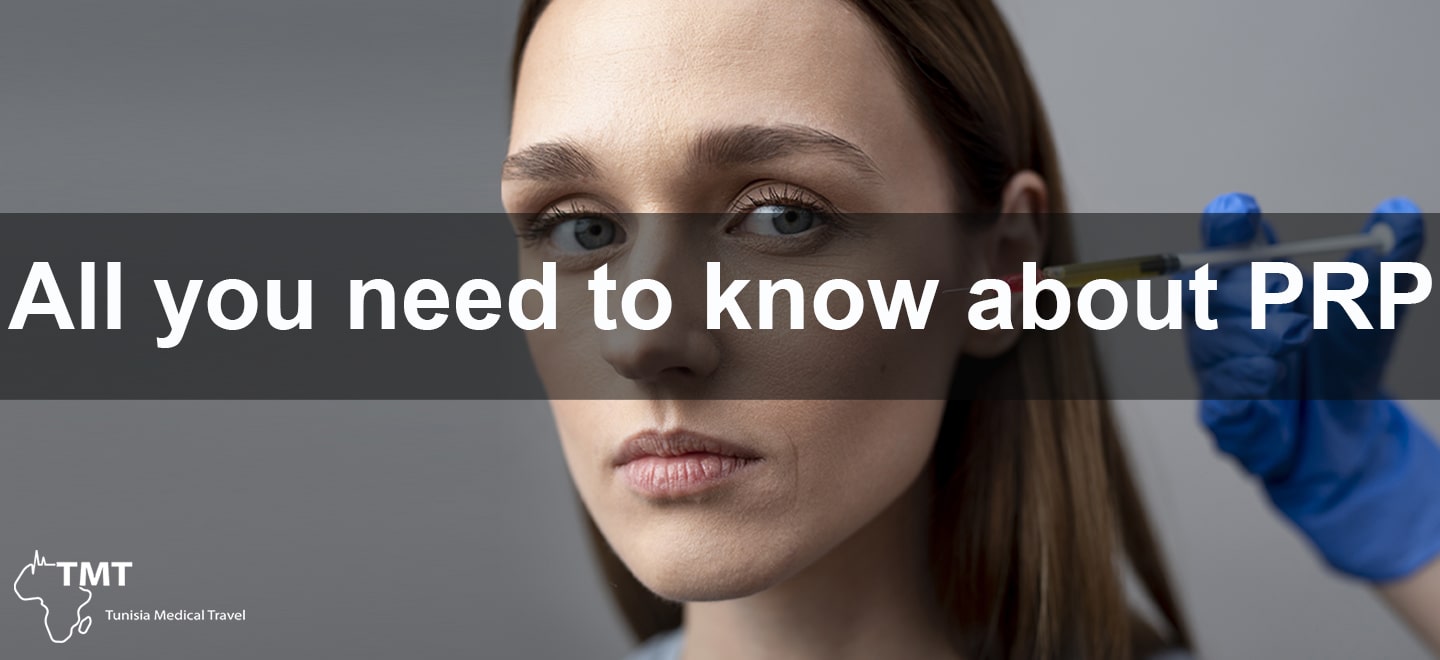All you need to know about PRP
All you need to know about PRP
Is PRP treatment painful?
PRP treatment, or Platelet-Rich Plasma treatment, can cause some discomfort or pain, but it is generally well-tolerated. The procedure starts with drawing a small amount of blood from the patient’s arm, this can cause mild discomfort or pain similar to getting a blood test. After that, the blood is placed in a centrifuge to separate the platelets from the other blood components, this step is painless.
The next step is the injection of the concentrated platelet-rich plasma into the treatment area, this can cause some discomfort or pain, but this is usually mild to moderate. Some people may experience mild pain or discomfort during the injection, others may feel only a slight sting. Your practitioner may apply a numbing cream or use a very fine needle to minimize any pain or discomfort.
After the procedure, some patients may experience mild swelling, redness, or discomfort in the treatment area, but these symptoms usually resolve within a few hours or days.
Overall, PRP treatment is considered a relatively safe procedure with minimal pain and discomfort. However, it’s important to keep in mind that pain tolerance varies from person to person, so you should discuss any concerns about pain or discomfort with your practitioner before the procedure.
Hair PRP: who is the therapy for?
PRP (Platelet-Rich Plasma) therapy for hair loss is a treatment option for both men and women who are experiencing hair thinning or hair loss. The treatment is particularly useful for those who have androgenetic alopecia (AGA), also known as male or female pattern baldness. This is a common condition characterized by hair thinning on the scalp and a receding hairline in men, and thinning hair on the crown of the head in women.
PRP therapy may also be an option for those experiencing hair loss due to other causes such as:
- Alopecia Areata: an autoimmune disorder that causes hair loss on the scalp and other areas of the body
- Telogen Effluvium: a condition characterized by temporary hair loss due to stress or hormonal changes
- Traction alopecia: hair loss caused by tight hairstyles, extensions, or constant pulling on the hair
It is important to note that PRP therapy is not a cure for hair loss, and the results may vary from person to person. It may work best in combination with other hair loss treatments or when used early on in the hair loss process.
It is best to consult with a qualified practitioner who is trained in PRP therapy to determine if it is appropriate for you and to discuss the potential risks and benefits of the treatment. Also, it is important to have a realistic expectations and understand that the results of PRP treatment may not be as dramatic as a hair transplant, and multiple treatments may be necessary to maintain the results.
What are the contraindications of PRP treatment?
PRP (Platelet-Rich Plasma) therapy is generally considered a safe treatment, but like any medical procedure, there are certain contraindications or conditions that may make it unsuitable for certain individuals. Some of the contraindications of PRP treatment include:
- Blood disorders: Individuals with blood disorders such as thrombocytopenia (low platelet count), hemophilia, or a history of blood clots should avoid PRP therapy.
- Cancer: Individuals with a history of cancer or currently undergoing cancer treatment should not receive PRP therapy.
- Autoimmune disorders: Individuals with autoimmune disorders such as lupus, rheumatoid arthritis, or multiple sclerosis should not receive PRP therapy.
- Blood thinners: Individuals taking blood-thinning medications such as warfarin, heparin, or aspirin should not receive PRP therapy.
- Infections: Individuals with active skin or scalp infections should not receive PRP therapy.
- Pregnancy and breastfeeding: Pregnant and breastfeeding women should not receive PRP therapy.
- Platelet dysfunction syndromes: PRP is contraindicated in individuals with platelet dysfunction syndromes.
It is important to disclose any medical conditions or medications to your practitioner before undergoing PRP therapy to ensure that it is safe for you.
It is also important to note that the procedure should be done by a qualified practitioner who is trained in PRP therapy, and that the use of poor quality equipment or poor technique can lead to serious complications.
Resuming daily activities after PRP hair transplant
After a PRP (Platelet-Rich Plasma) treatment in combination with a hair transplant, recovery time and resuming daily activities will depend on the type of hair transplant procedure you had and the extent of the surgery.
Typically, after a hair transplant, you can expect some swelling, redness, and discomfort in the treatment area for the first few days. You should avoid strenuous activities and exercise for the first week to minimize any swelling and bleeding. You should also avoid exposing the treated area to direct sunlight, saunas, or hot tubs.
You may be able to return to work and resume normal activities within a few days, but it’s best to check with your surgeon for specific instructions. You may also be instructed to refrain from heavy lifting or strenuous activities for a few weeks.
Regarding the PRP treatment, you may experience mild swelling, redness, or discomfort in the treatment area, but these symptoms usually resolve within a few hours or days. You can expect to return to your normal activities right after the PRP treatment.
It’s important to follow your surgeon’s post-operative instructions carefully to ensure proper healing and to achieve the best possible results. Keep in mind that individual recovery times may vary and you should always check with your surgeon for specific instructions.

